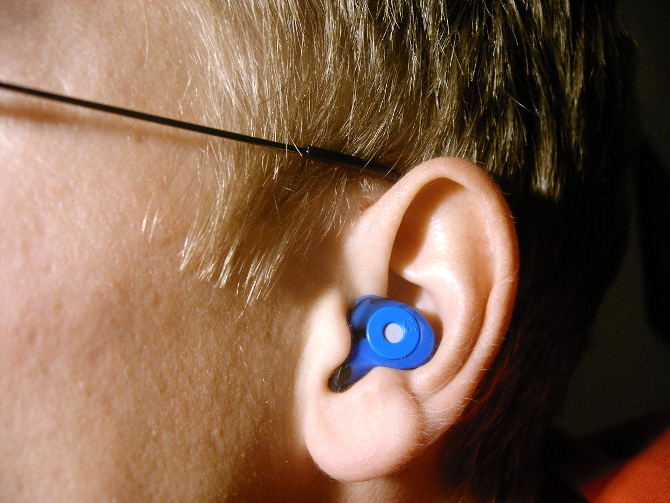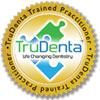Tinnitus, a condition characterized by a constant ringing in the ears, can be a nuisance at best and debilitating at worst. The sound that tinnitus patients hear in their ears is present even when there is pin-drop silence in the room. And the sad fact is that the number of those suffering from tinnitus is on the rise because of the increased presence of loud music in our lives — at concerts, in cars and particularly through our earbuds and headphones.
Tinnitus can be caused by damage from loudness, injury, abnormal inner ear fluid pressure and more. One lesser known but distinct cause is dysfunction in the temporomandibular joints, the “hinges” that connect the jaw to the skull. Depending on the cause, tinnitus may or may not be treatable. We’ll look into this later in the post, but first let’s focus on some interesting new research which examines why some people are more affected by their tinnitus than others. The research says it could be a result of the differences in people’s brain processing functions, as explained in the following post:

New study shows severity of tinnitus (ringing in the ears) is related to emotional processing
If you are one of the millions of people in the U.S. with tinnitus, you might already know how debilitating it can be. Or perhaps you are one of those who considers their tinnitus “no big deal,” and who doesn’t suffer any ill effects in their day-to-day lives. If you are one of those fortunate people who isn’t bothered by your tinnitus, it turns out that there is a reason for it. And it all starts with the brain.
A recent study out of the University of Illinois revealed not only that those who have tinnitus process emotional sounds differently than those who do not have tinnitus, but also that among those who have tinnitus, there are significant differences in which regions of the brain are used when processing emotions. Read more at Healthy Hearing…
When you remember that tinnitus is the perception of sound that has no environmental, or external, source, it’s evident that the brain must be involved. No one around you hears the ringing or buzzing sound you’re hearing — it’s literally in your head.
The result of this research gives us a rather surprising possible treatment for tinnitus: The use of psychotherapy, as explained in the following post:
Lin says one way to counteract it is to get hearing aids, so that the brain stops trying to compensate for the silence. The other thing known to help with tinnitus sounds a little odd coming out of a surgeon’s mouth — psychotherapy.
“Cognitive behavioral therapy is widely accepted and promoted by our national professional society, but very few people know about it,” says Lin. “It’s about converting the way in which you think about tinnitus from negative emotions and trains of thought to more positive trains of thought.” Read more at NPR…

Now, let’s pick back up on our earlier information about the correlation between the TMJs and the presence of tinnitus. The fact is, many healthcare providers aren’t familiar with this link so they treat the symptoms (the noise) but don’t address the cause (problems with the joints). Because of this link, you might be surprised to learn that a specially trained dentist can be your best bet to properly diagnose and treat your tinnitus.
At Fort Collins Headache Center, Dr. Jared Ward alleviates tinnitus with a cutting edge therapy called TruDenta. This powerful FDA approved treatment system requires no drugs or needles and is completely pain free, but it has helped thousands of tinnitus sufferers from coast to coast become symptom free.
Book a consultation exam with Dr. Ward today to see if you are a candidate for TruDenta therapy. If you are, we will create a treatment plan for you that will have you symptom free with just 12 or fewer weekly visits. Call Fort Collins Headache Center at 970-672-8517 or use the contact form on this page. We look forward to hearing from you.
Featured Image Courtesy of Wikimedia

























